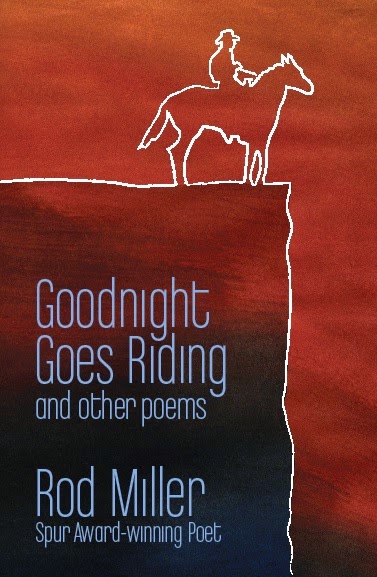From time to
time I am asked to speak at writers’ conferences and workshops. It’s always a
good time to congregate with people who like to write (and read) and talk about
how to do a better job of stringing letters into words and words into sentences
and sentences into paragraphs and so on.
Among the
many topics I have addressed in these appearances is “Grand Openings: How to
get your book off to a good start.” In the presentation, we talk about
techniques for writing effective opening lines for books and stories and such.
We look at some outstanding opening lines from a variety of fiction and
nonfiction books and examine what makes them work. It’s an interesting
discussion, and most who have sat through it claim they learned something.
Here are a
few examples of strong opening lines included in the lecture, some you may
recognize and some you may not:
·
Call me
Ishmael. (Herman Melville, Moby Dick)
·
It
was a bright cold day in April, and the clocks were striking thirteen. (George
Orwell, 1984)
·
We
started dying before the snow, and like the snow, we continued to fall. (Louise
Erdrich, Tracks)
·
He
was dying faster than usual that morning, striping the sides of the dry sink
with bloody sputum and shreds of shattered lung. (Loren Estleman, Bloody Season)
·
Beware
thoughts that come in the night. (William Least Heat Moon, Blue Highways)
·
By
the time Eustace Conway was seven years old, he could throw a knife accurately
enough to nail a chipmunk to a tree. (Elizabeth Gilbert, The Last American Man)
·
This
is the most beautiful place on earth. (Edward Abbey, Desert Solitaire)
And, all
humility aside, I include the opening line from Chapter One of my novel The
Assassination of Governor Boggs,
which I think makes for a good start:
·
Lilburn
Boggs was never the same after getting shot in the head.
There are
several techniques employed in good opening lines, but I believe the most
important is a carefully measured amount of ambiguity—just enough to engage and
involve readers and all but force them to read on to fill the gap.
Effective
(and affective) opening lines are important, I tell the audience, because if
you grab a reader’s interest with the first sentence there’s a chance they’ll
move on to the first paragraph, then the first page, the first chapter, and so
on. But, if you don’t get them at the beginning, you’ll never get them to the
end.


















.jpg)














